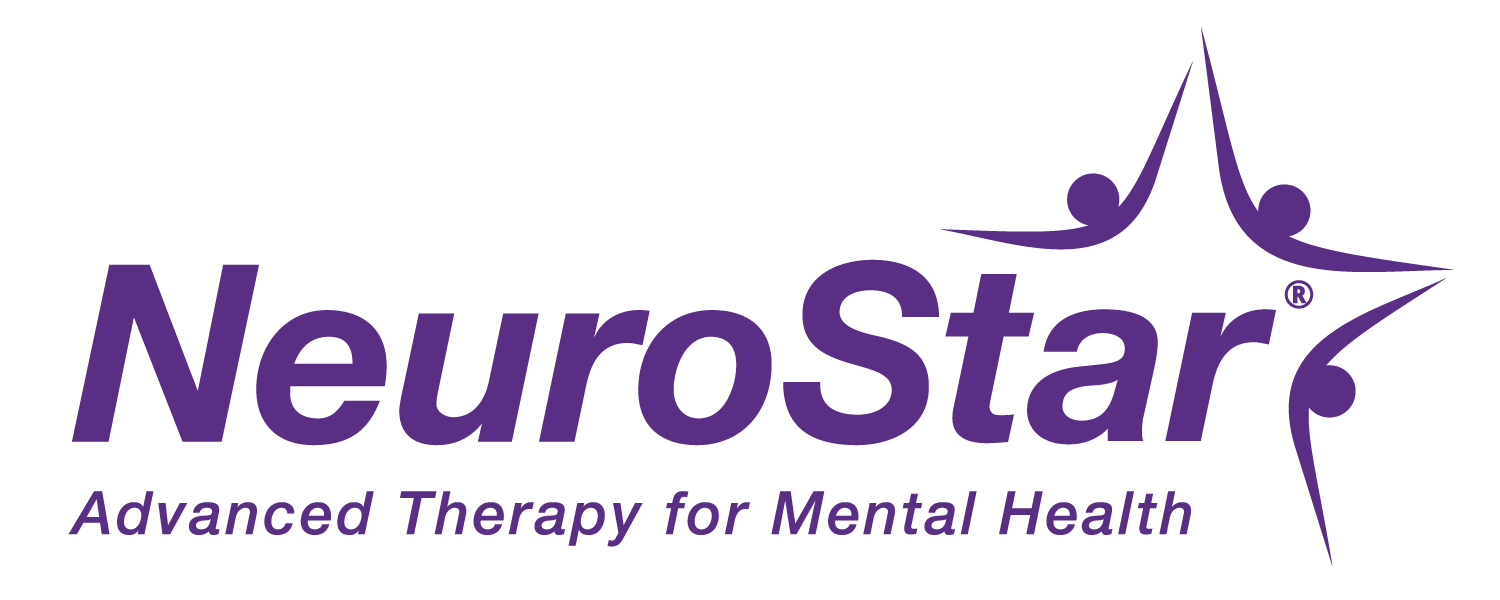
Bipolar mood disorder is a serious psychiatric illness characterized by intense fluctuations in mood, energy, and behavior. These extreme fluctuations extend far beyond normal mood swings and can have a significant influence on an individual’s day-to-day life. At SNBCare, we offer dedicated care to assist individuals in coping with these emotional highs and lows with sensitivity, knowledge, and evidence-based interventions.
This illness impacts millions of individuals across the globe, typically manifesting itself in late teenage years or early adult years. Proper diagnosis and the appropriate treatment program are important in controlling the symptoms and enhancing the quality of life.
What Is Bipolar Mood Disorder?
Also referred to as bipolar disorder, this is a condition that creates interchanging bouts of:
- Mania or hypomania: High-energy periods, reduced sleep, risky behavior, and possibly delusions of great importance.
- Depression: Periods of sadness, hopelessness, tiredness, poor focus, and suicidal ideas.
- The condition occurs in a number of ways:
- Bipolar I Disorder: At least one manic episode, sometimes followed by a depressive episode.
- Bipolar II Disorder: A series of depressive episodes and hypomanic episodes, but no mania.
- Cyclothymic Disorder: Ongoing and frequent mood swings that are less severe but long-term.
At SNBCare, we realize that bipolar mood disorder may appear differently for each person. Our professionals provide a psychiatric evaluation to properly diagnose your symptoms and eliminate other disorders, including clinical depression, borderline personality disorder, or ADHD.
Common Symptoms of Bipolar Mood Disorder
Symptoms of mania or hypomania might be:
- Excessive elation or irritable mood
- Rapid speech and flight of ideas
- Boosted activity or restlessness
- Destructive behaviors (e.g., overspending, speeding)
- Inflated self-esteem or grandiose thinking
Symptoms of depression could be:
- Hopelessness, sadness, or emptiness
- Fatigue or insomnia
- Inability to concentrate
- Loss of interest in activities
- Recurring thoughts of death or suicide
Since bipolar episodes can come as a surprise, it’s important to be treated by behavioral health professionals who have expertise in mood disorders and provide long-term care and medication management.
Diagnosis and Treatment at SNBCare
A proper diagnosis is the beginning of effective treatment. Our staff at SNBCare provides thorough psychiatry appointments that include:
- Extensive clinical interviews
- Medical and psychiatric history review
- Co-occurring disorder screening such as for anxiety or PTSD
Following diagnosis, the treatment course may involve a combination of:
- Mood stabilizers such as lithium or valproate
- Severe manic or mixed episodes treated with antipsychotic medications
- Depression medication, selected carefully to prevent inducing mania
- Individual therapy sessions to build emotional regulation and coping skills
For those with severe or disruptive episodes, we also discuss possibilities such as telehealth mental health check-ins or telehealth for anxiety and depression, keeping care accessible and regular.
Managing Bipolar Mood Disorder Long-Term
Regular ongoing care is key to maintaining emotional stability. At SNBCare, we stress:
- Follow-up regularly with a behavioral health provider
- Monitoring the effects and side effects of medications
- Adapting treatment due to life changes or onset of new symptoms
We also offer family and caregiver support, as they play an important part in keeping patients on their prescribed treatment path.
Additionally, some patients might also have treatment-resistant depression or an issue with anxiety. Our multidisciplinary approach means that we are always covering all angles of your mental state, not merely the bipolar disorder alone.
Online Support and Telehealth Options
If it’s difficult to make in-person visits, SNBCare provides online therapy for depression and medication management via secure video sessions. Whether you require a psychiatrist near me depression search or just want to schedule a refill or new symptom, our telehealth mental health care increases convenience and flexibility.
You can schedule a psychiatry appointment online and talk about therapy and medication options from home.
When to Seek Help
Bipolar mood disorder does not improve without treatment, and waiting to get help may heighten the danger of losing a job, ending up in trouble at home, or ending up in the hospital. Get help if you or someone you care about has:
- Mood swings that interfere with day-to-day life
- Sleep, energy, or behavior that changes suddenly
- Self-harm or suicidal thoughts
- Struggling to regulate emotions after receiving treatment in the past
SNBCare offers immediate access to caring, professional behavioral health specialists who will help you move toward balance, healing, and empowerment.
Conclusion
Bipolar mood disorder feels overwhelming, but it is manageable. With accurate diagnosis, medication, and therapy support, individuals with this disorder can regain balance and live enriching lives. At SNBCare, we remain committed to providing thorough, personalized care through in-office as well as telehealth mental health services.
If you suspect that you’re suffering from symptoms of bipolar disorder, make your psychiatric assessment with us today. We’re on your side when it comes to your mental health journey—each step along the way.
Visit our website SNBCare to learn more or call at 781-666-2711 to schedule an appointment.

